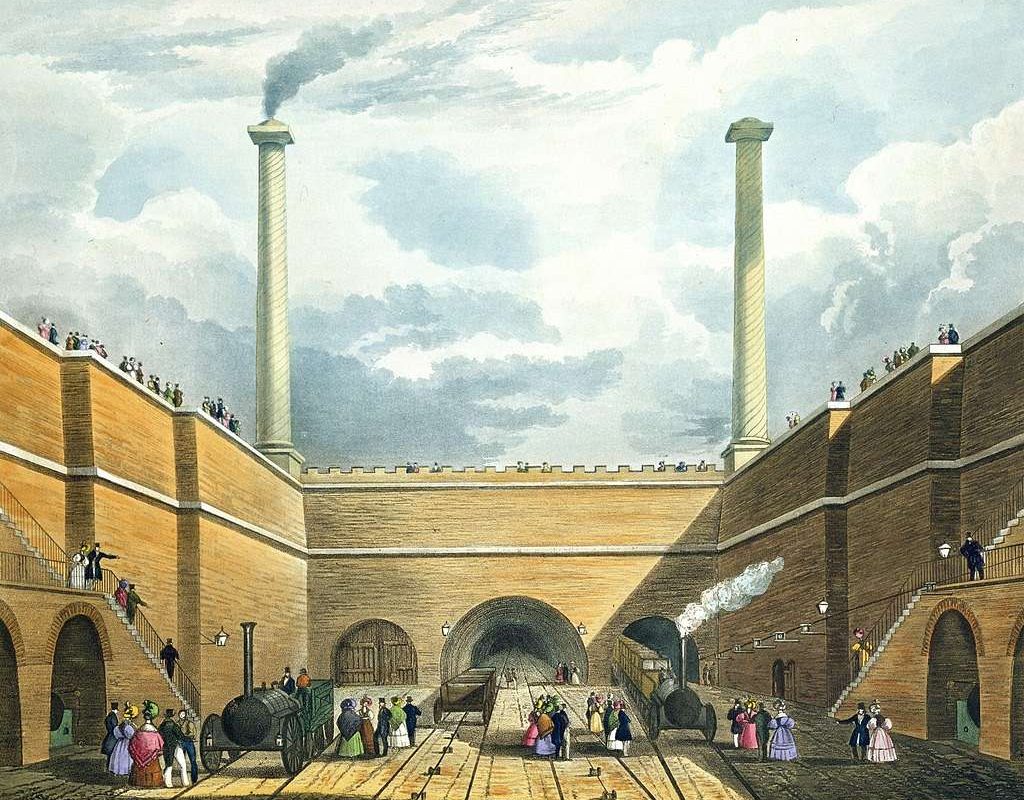Who is an activist and what makes them one? An activist, by word, means someone who takes/performs/does an action. There is a common belief among many that taking action (political/social/humanitarian/environmental) is a virtue. It frames action as exceptional, morally superior, requiring a specific kind of nobility, innocence, and even godliness. In doing so, it removes action from the realm of the ordinary and places it into the realm of moral victory, something to aspire to rather than something to be expected. This belief is inherently and essentially an invitation to passivity.
If one argues that they lack this virtue and thus cannot take meaningful action, this belief distorts the possible and feasible activities necessary to interrupt the injustice of the status quo, both within and beyond where they stand, into an impossible scale to measure and therefore, to execute. The actions that could have been small, situated, and uncomplicated become measureless, global, and complex. Action is imagined only at the scale of total resolution, and anything less is dismissed as insufficient, symbolic, or meaningless.
This framing creates a shield between all that is political and what is considered normal life. Politics becomes a ground you can step onto under extraordinary circumstances, and with extreme caution, while everyday life is treated as neutral, apolitical, and normal. The violence of the status quo is thus allowed to continue uninterrupted, not because it is unseen, but because it has been rendered out of the routines of daily existence, to some participants of that so-called normal life.
But what is a “normal” life?
To many people, what is deemed as normal feels soothing. It is waking up, possibly going to work, then going back home or out with friends or family, getting some well-deserved rest, and going to bed again. It is comfortable, and it is safe, in the sense that you will wake up and know how the rest of the day will look, and it will go just like you thought it would. You can predict it, plan it, control it.
To the rest of the world,“normal” is not even close to this definition. Normal is the unknown. Something that cannot be predicted, but is expected to come down, maybe not instantly, not now, but surely, eventually. Normal is waking up with the news of executions, of political and environmental activists being sentenced their entire lives to jail, of erasure, of famine, of learning about new regulations of oppression. For many, normal is fear, and the expectation of the worst.
Some are born in times of war, while their parents hold them as babies and flee from town to town, country to country, trying to take themselves and their children to safety. To a place where normal is not defined by not knowing whether you will wake up tomorrow or not.
There is nothing wrong with what is believed to be normal for those who live in comfort. What is wrong is actively trying to unsee the “normal” to the rest of the world, and finding it natural that their normal is different from yours. To unsee the poor, the homeless, the neglected. This requires effort, because it is not easy to unsee. Those who are unseen are part of everyday life. They are the news consumed, the food brought to the table, the labour performed. They are workers, peers, classmates, friends, lovers. They are parts of the life we live, until their existence interrupts our joy, our norm, our comfort. And then: suddenly invisible. Dismissed. Suddenly, it is impossible to hear or see or notice them.
Comfort is key. Who does not want comfort? Who does not want to not be in pain, to not suffer, to not experience the most extreme forms of violence daily? But this comfort, this privilege, is built on stacks of pain and suffering, put on top of each other one after one throughout history. Comfort becomes whole only when paired with the feeling of being “one of the good ones.” Ethical. Kind. Helpful. Human.
But who is a “good one” anyway? Good to whom, and by what measures? Is goodness the smile given to a homeless person on a snowy day, or helping a “good” cause with a couple of euros? Does goodness stem from intention, or does it flow from action? Is it holding the door open for the person behind you, or chanting “none of us are free, until all of us are free” in a parade?
There is a moment in the film Parasite when the mother of the poor family remarks that the rich woman is “nice because she’s rich”. Comfort constructs a facade of seeming caring. Of listening with sad eyes and a broken smile while hearing the struggles of a Kurdish coworker. Of sighing, or shedding a tear when hearing news from the furthest parts of the world, iterated, heard, and understood in the most abstract way possible.
Susan Sontag in Regarding the Pain of Others writes that “to speak of reality becoming a spectacle is provincial. It universalizes the viewing habits of a small, educated population living in wealthy parts of the world, where news has been converted into entertainment. It assumes that everyone is a spectator. It suggests, perversely, that there is no real suffering in the world.”
This mere spectatorship, this bystander effect for the consumers of politics and news of war and conflict as entertainment, also puts the burden and weight on the shoulders of the oppressed, and on the very few people and groups who continuously try to dismantle systems of injustice. Responsibility concentrates where vulnerability already exists, while those who benefit most from stability are permitted to remain spectators. Action becomes the labour only to those who cannot afford to just watch.
Within this logic, one can also argue that “I have already done the virtuous work, that I have donated to the survivors of Hurricane Catarina, that I have acted ethically elsewhere. And therefore, I do not need to speak up about the genocide in Gaza or the democide in Iran.” Virtue becomes transferable, interchangeable, and finite, stored in a moral account that can be balanced, settled, and closed.
When action becomes virtue, and comfort prioritized, witnessing turns decorative, and movement symbolic. Decency becomes something to be performed to the right audience and on a visible stage rather than something to be done, despite no one looking. To the people deliberately consuming suffering as spectators, profiting from these systems can be something they did not design, but choose to preserve through non-action.
What I want to offer as the way out is not more awareness, not louder declarations of decency, but the separation of “meaningful action” from ego, from good deeds, and from the lust of showing morality through performative acts and symbolic righteousness.
Witnessing and movement cannot remain decorative or cherished symbols of being on the right side. They have to be normalized. Stripped of moral theatricality. Detached from the performance of goodness.
Meaningful action should not be perceived as decency. It should not feel virtuous. It should feel obvious. Like duty. Like maintenance. When water floods an ant’s nest, there is no debate, no reward, and no ant begs another one to stop the ruination. There is only continuous action to prevent annihilation.
A world sustained by blood and silence does not change through kinder and more aware spectators. It changes when action stops being theatre and becomes ordinary, constant, even boring, yet unavoidable interruption of that silence.




